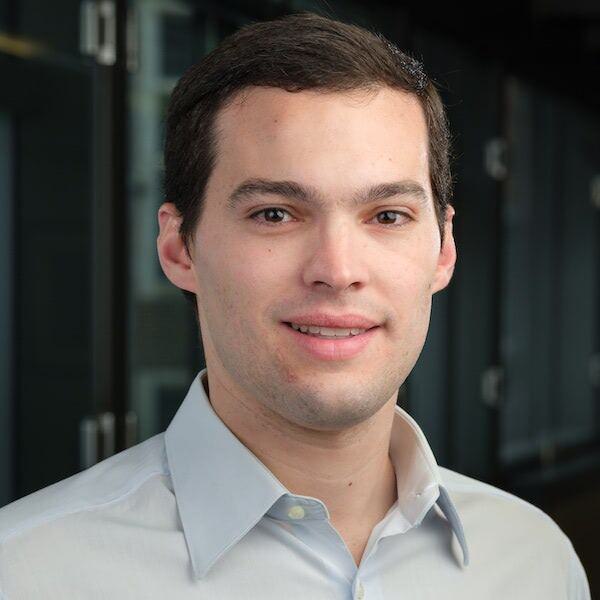- Undergraduate
Bachelor's Degrees
Bachelor of ArtsBachelor of EngineeringDual-Degree ProgramUndergraduate AdmissionsUndergraduate Experience
- Graduate
Graduate Experience
- Research
- Entrepreneurship
- Community
- About
-
Search
All Thayer Events
Special Seminar: Unlocking Lifelong Robot Learning with Modularity
Apr
10
Wednesday
3:30pm - 4:30pm ET
Online
ZOOM LINK
Meeting ID: 995 9695 0090
Passcode: 153207
Embodied intelligence is the ultimate lifelong learning problem. If you had a robot in your home, you would likely ask it to do all sorts of varied chores, like setting the table for dinner, preparing lunch, and doing a load of laundry. The things you would ask it to do might also change over time, for example to use new appliances. You would want your robot to learn to do your chores and adapt to any changes quickly.
In this talk, I will explain how we can leverage various forms of modularity that are common in robotics to develop powerful lifelong learning mechanisms. My talk will then dive into two complementary algorithms that exploit these notions. The first approach operates in a pure reinforcement learning setting using modular neural networks. In this context, I will also introduce a new benchmark domain designed to assess the compositional capabilities of reinforcement learning methods for robots. The second method operates in a novel, more structured framework for task and motion planning systems, and I will show an example deploying these ideas on a physical Spot robot. I will close my talk by describing a vision for how we can construct the next generation of home assistant robots that leverage large-scale data to continually improve their own capabilities.
Hosted by Professor Laura Ray.
About the Speaker(s)
Jorge Mendez-Mendez
Postdoctoral Fellow, MIT CSAIL

Jorge Mendez-Mendez is a postdoctoral fellow at MIT CSAIL. He received his PhD and MSE from the GRASP Lab at the University of Pennsylvania, and his bachelor's degree in electronics engineering from Universidad Simon Bolivar in Venezuela. His research focuses on creating versatile, intelligent, embodied agents that accumulate knowledge over their lifetimes, leveraging techniques from transfer and multitask learning, modularity and compositionality, reinforcement learning, and task and motion planning. His work has been recognized with an MIT-IBM Distinguished Postdoctoral Fellowship, a third place prize of the Two Sigma PhD Diversity Fellowship, and a Best Paper Award in the Lifelong Machine Learning Workshop (ICML).
Contact
For more information, contact Ashley Parker at ashley.l.parker@dartmouth.edu.
